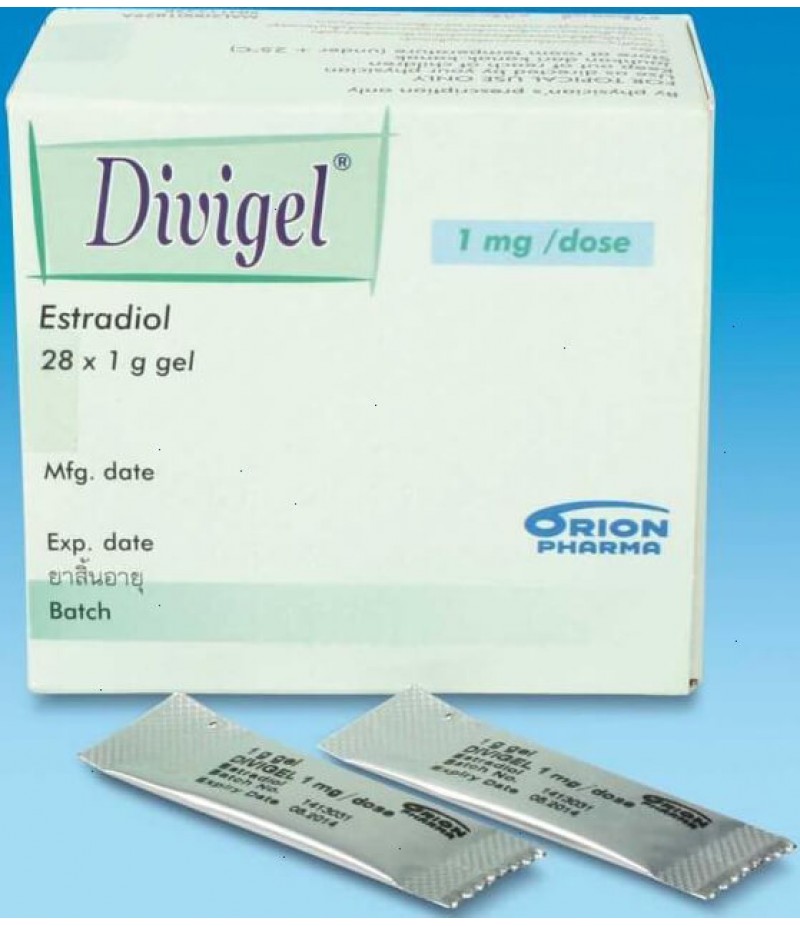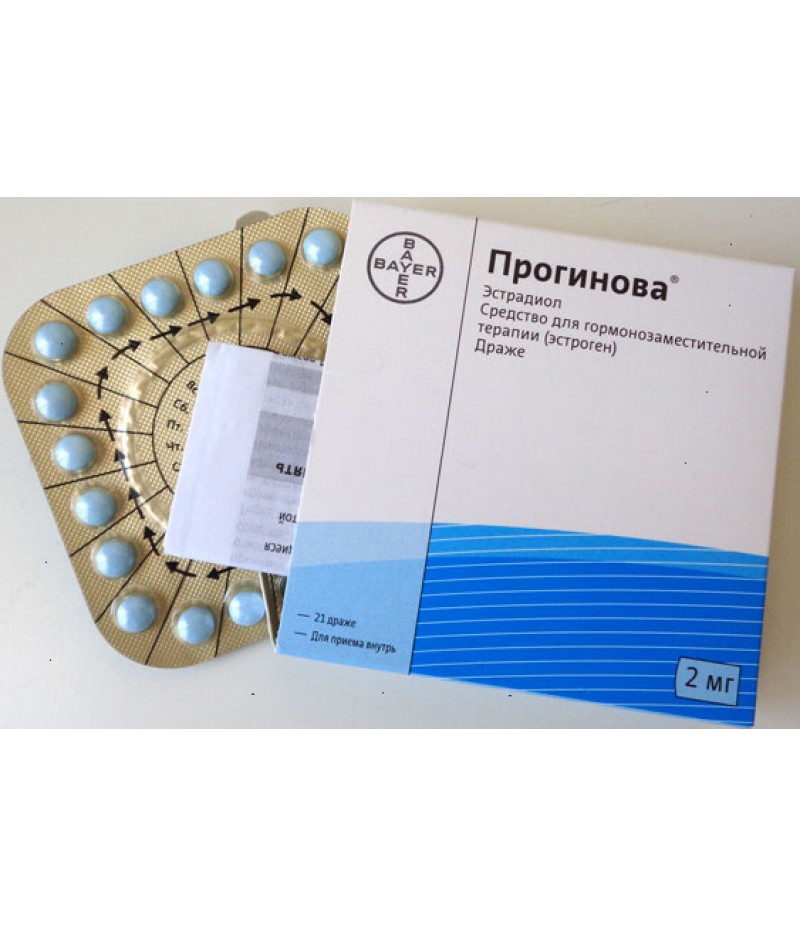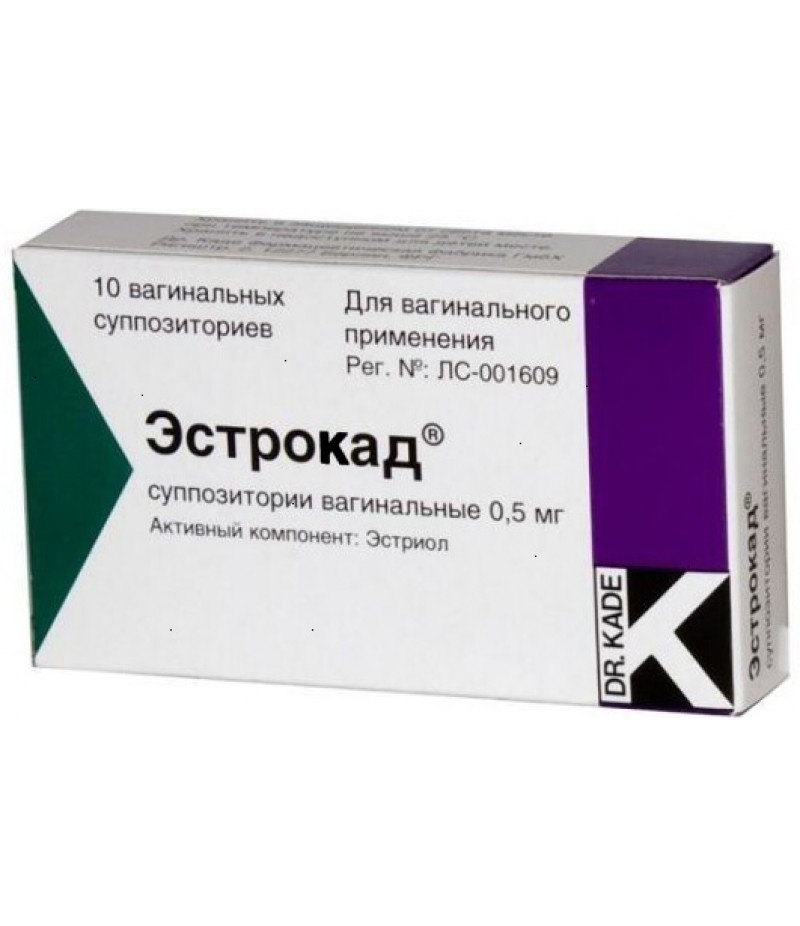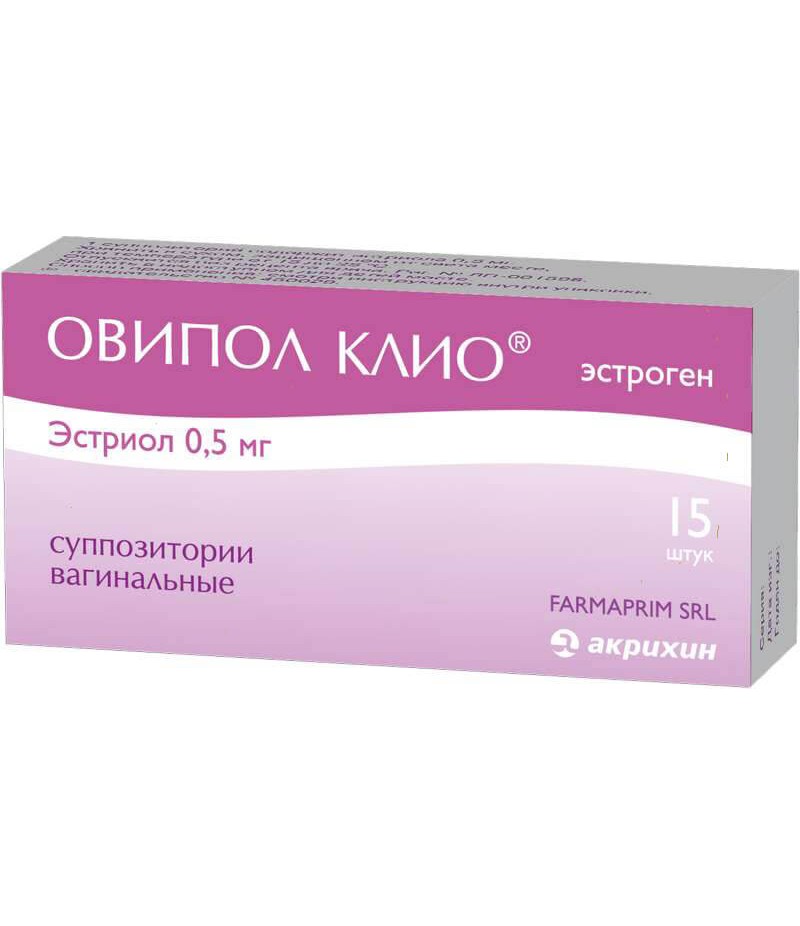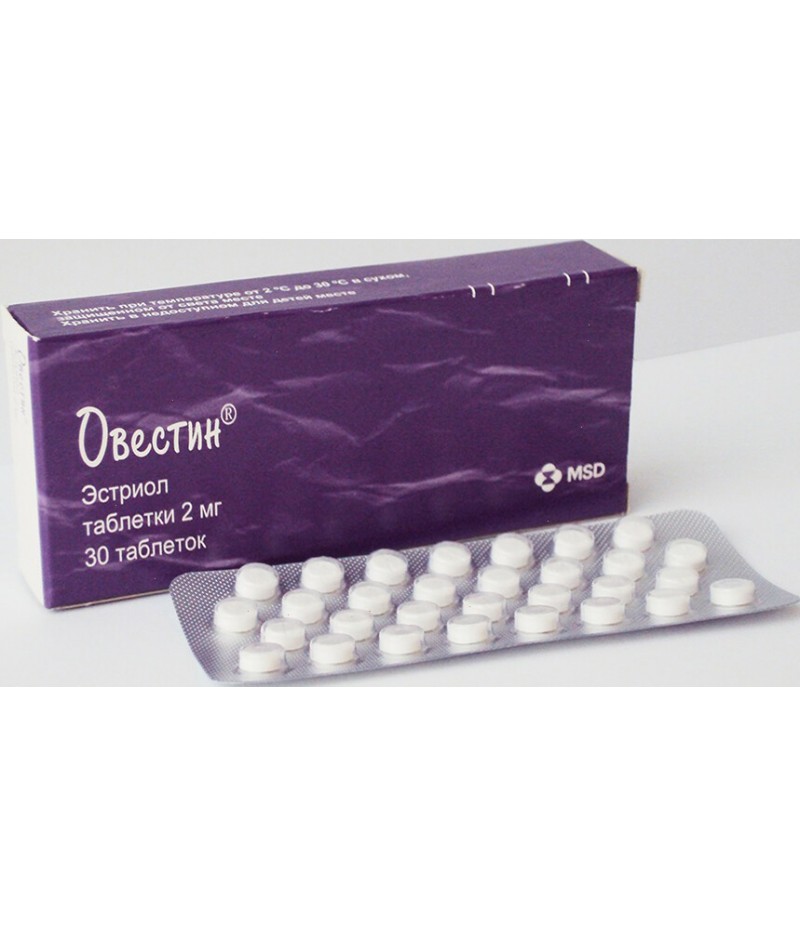Divigel 0.1% 1gr #28
- $37.98
- 3 or more $36.50
- Availability:In Stock
Divigel instructionYou can buy Divigel hereCompositionThe gel consists of: Estradiol (Oestradiolum) in a dose equal to 500 mg or 1 g; Carbomer 974P (Carbomerum 974P
Tags: gel
Divigel instruction
You can buy Divigel here
Composition
The gel consists of:
Estradiol (Oestradiolum) in a dose equal to 500 mg or 1 g;
Carbomer 974P (Carbomerum 974P);
triethanolamine (Triethanolamine);
propylene glycol (Propylen Glycol);
ethanol 96% (Aethanolum 96%);
purified water (Aqua Purificata).
Form of issue
The drug is available in the form of a transdermal gel, intended for the treatment of symptoms of estrogen deficiency. The gel has the appearance of an opalescent homogeneous mass and is packed in multilayer bags of aluminum foil No. 28. The active substance content in one package is 500 mg or 1 gram.
pharmachologic effect
The divigel belongs to the category of medicines that are used to correct the violations caused by the onset of menopause, and has a pronounced estrogenic effect on the body.
The therapeutic effect of its use is determined by the activity of estradiol, an estrogenic agent identical in its properties, chemical, biological and pharmacological characteristics to endogenous estradiol, which is produced in the female by the follicular apparatus of the ovaries, from the moment of the appearance of the first menstrual bleeding and up to the menopause.
According to the accepted classification of medicines, estradiol belongs to the pharmacological groups:
Estrogens, gestagens; their antagonists and homologues.
Antineoplastic hormones and hormone antagonists.
The effect of the substance is aimed at compensating for the deficiency of female sex hormones and stimulating the activity of estrogen receptors localized in target cells.
Pharmacodynamics and pharmacokinetics
Synthetic-derived estradiol is a white powder with a crystalline structure that practically does not dissolve in water, is poorly soluble in vegetable oils, but is highly soluble in alcohols, acetone, diethylenedioxide and other organic solvents.
Estradiol has the ability through diffusion to penetrate into the target cell, where it is subsequently transported to the cell nucleus, forms a link with specific estrogen receptors, and forms a ligand-receptor complex.
Estrogen receptors are found in a variety of tissues, however, the greatest number is found in the female genitalia: especially in the uterus, the hypothalamic-pituitary system, the liver, the vagina, the ovaries, the mammary glands, and the bones.
The formed ligand-receptor complex:
interacts with the estrogen-effector elements of the genome;
interacts with specific intracellular proteins;
stimulates the synthesis of matrix (information) RNA;
stimulates the synthesis of proteins;
promotes the release of cytokines;
stimulates growth factors.
Like other estrogens, estradiol contributes to the feminization of the body. Thus, the active component of Diwigel 17-beta-estradiol:
has a stimulating effect on the development of female genital organs, connective tissue, in which the specific elements of a particular organ of the female reproductive system (the so-called stroma) are located, as well as the ducts of the mammary glands;
stimulates pigmentation in the nipple and genital area;
stimulates the formation of secondary sexual characteristics by the female type;
stimulates the growth and development of bone epiphyses (end sections of the bones of the skeleton);
provides timely rejection of the lining of the uterus from within the mucous membrane (endometrium);
ensures the regularity of menstrual bleeding;
the development of breast milk;
oppresses bone resorption (the process of destruction of bone tissue);
has a procoagulant effect;
accelerates the recovery of the normal number of leukocytes under conditions provoked by radiation damage and characterized by oppression of bone marrow hematopoiesis.
The increased concentration of estradiol provokes hyperplasia of the endometrium (that is, its proliferation due to activation of the processes of neoplasm of structural elements of the tissue); stimulates the production of individual transport proteins (globulin, which binds blood circulating thyroxine (TSVG), androgen-binding globulin, corticosteroid-binding globulin, transferrin); stimulates the production of plasma protein fibrinogen.
Against the background of increased concentrations of estradiol:
increased concentration in the blood of iron, thyroxine, copper, etc .;
the production in the liver tissues of K-vitamin-dependent factors that are responsible for blood clotting increases;
the quantitative indices of the content in the blood clotting system of a specific protein of antithrombin III decrease;
the degradation of endogenous catecholamines of adrenaline and norepinephrine is prevented (this effect is provided by competing estradiol for the active receptors of the COMT enzyme-catechol-O-methyltransferase).
Other important properties of estradiol include the fact that it prevents the development of atherosclerosis; helps increase the level of HDL in the blood; reduces the levels of LDL in the blood; and also reduces the levels of cholesterol in the blood, while the level of triglycerides increases at the same time.
The substance changes the parameters of receptor sensitivity to progesterone, the parameters of sympathetic regulation of the tone of smooth muscles, stimulates the movement of the liquid part of the plasma into tissues, as well as the compensatory retention of the liquid and sodium ions.
After the onset of menopause, the woman stops ovarian production of estradiol. Henceforth, the main role in its formation is played by the liver and adipose tissue.
Decrease in the levels of ovarian-synthesized estradiol leads to the development of vasomotor and thermoregulatory instability, which in turn is expressed in the form of "tides" of blood to the face, sleep disturbances and progressive atrophy of the genito-urinary organs.
Another unpleasant consequence of the decrease in the level of estrogen is osteoporosis, a chronically progressing metabolic disease, which is accompanied by increased fragility and a violation of the architectonics of the bones (during the menopause it affects mainly the spine).
After ingestion, a significant amount of estradiol, even before it enters the circulatory system, is metabolized by the intestinal microflora in the lumen and intestinal walls, as well as in the liver.
The latter leads to the fact that the concentration of estrone in the blood plasma increases non-physiologically. With prolonged treatment, estrone and estrone sulfate begin to accumulate in the body.
The effects of cumulation of these metabolites of estradiol for a long period of time are still poorly understood. It is known only that the oral administration of estrogen preparations provokes an increase in the synthesis of proteins (in particular, renin). A consequence of this is a significant increase in blood pressure indicators.
Divigel is a transdermal gel on an alcohol basis. After application of the drug on the skin, the alcohol contained in it quickly disappears quickly, and estradiol, which acts as an active substance, penetrates through the skin to the circulatory system.
Drawing of a Divigel on a skin area, the area of which is equal to the area of one or two palms (about 200-400 square cm), does not affect the amount of absorbed estradiol. However, an increase in the area of application leads to a decrease in absorption.
To some extent, estradiol delays in the subcutaneous tissues, from which it subsequently gradually begins to be released into the bloodstream. Transdermal use of the gel allows to avoid the initial stage of metabolism in the liver, therefore fluctuations in the plasma estrogen concentration during its application are insignificant.
The metabolism of 17-beta-estradiol is similar to the metabolism of naturally-produced estrogens. Getting into the bloodstream, the substance is almost completely associated with the transport protein. The bioavailability of estradiol when taken inwards is almost 100%.
After taking per os, he undergoes the "first pass" effect of the drug through the liver, where he is biotransformed to less active products - estriol and estrone.
Further, estradiol is excreted by bile into the lumen of the small intestine and is absorbed again. Finally, he loses his activity in the liver as a result of oxidation.
The products of biological degradation of estradiol are excreted mainly from the kidneys in the form of sulfates and glucuronides. Minor concentrations of estradiol, estrone and estriol are also found in the urine.
During the course of treatment with the drug Divigel, the ratio of estradiol / estrone ranges from 0.4 to 0.7. The bioavailability of the gel is approximately 82%.
Application to the skin of the gel at a dose of 1 mg of 17-beta-estradiol (1 gram of gel, respectively) creates a maximum plasma concentration of 157 picomoles / l. The average plasma concentration for the dosing period is 112 picomoles / liter. The mean free plasma concentration, respectively, is 82 picomoles / liter.
Cumulation is not observed.
Indications for use
The divigel is recommended for use in hormone replacement therapy for patients with symptoms of estrogen insufficiency of various origins.
The drug is used to treat menopausal syndrome, which has developed due to:
natural extinction of the body and the onset of menopause;
surgical menopause, including menopause after ovariectomy (surgery to remove one or both of the ovaries) or radial castration.
Also, Divigel is indicated as a prophylactic agent for preventing the development of osteoporosis in the post-menopausal period and as a means of supporting IVF during pregnancy and its normal course.
The latter is due to the fact that the procedure of in vitro fertilization implies the need for hormonal stimulation of the function of the ovaries. This, in turn, leads to a change in the hormonal background of the woman's body and affects the course of pregnancy.
For the course of pregnancy to pass without complications, the patient is prescribed hormone preparations: Dyufaston, Proginova, transdermal patch "Klimara", Divigel, and injections of progesterone (in case its concentration in the blood drops).
The divigel is prescribed strictly individually in a dosage selected by the attending physician in the clinic where the fertilization procedure was performed.
Before the procedure of in vitro fertilization, the use of the drug is recommended about a couple of weeks before embryo transfer to the uterus, after which the gel is continued to be applied for several weeks.
Like progesterone, estradiol is extremely important for the onset of pregnancy hormone. When pregnancy occurs naturally, it is usually produced by the body in normal amounts.
With IVF, the required level of estradiol (5-10 thousand picomoles / l) is maintained with the help of various hormonal drugs.
At the onset of pregnancy, Divigel is discontinued gradually. This is due to the fact that abrupt abolition threatens spontaneous miscarriage.
The drug is recommended for use by women planning pregnancy. However, during the planning of pregnancy, Divigel can be prescribed only to women who are diagnosed with endometrial hypoplasia, that is, the inner mucosa of the uterus is thinned.
Transdermal gel is also used to stimulate ovulation. In some cases it is advisable to appoint both Divigel and Proginov. The treatment plan is selected by the attending physician, based on the individual characteristics of the patient's body.
Contraindications
Contraindications to the appointment of a transdermal gel are:
hypersensitivity to estradiol and / or to any of the constituent auxiliaries;
diagnosed, presumed or marked in history of breast cancer;
diagnosed, presumed or marked in the anamnesis malignant estrogen-dependent neoplasms in the ovaries, uterus or endometrium;
the presence of benign neoplasms in the genital area and / or breast (for example, uterine fibroids) in women younger than 60;
uterine bleeding of an unclear origin, as well as predisposition to them;
hyperplastic processes of the endometrium;
pituitary tumors;
diffuse connective tissue diseases;
the presence of a woman's diseases of genital organs, which are inflammatory (for example, salpingoophoritis or endometritis);
characterized by an increase in the concentration of the estrogen phase of menopause;
thromboembolic diseases of veins, which are spontaneous in nature (including diseases noted in the anamnesis);
pathologies, accompanied by thrombosis in the deep veins (also in those cases when these pathologies are noted in the anamnesis);
thrombophlebitis (including in acute form, including in anamnesis);
congenital pathologies characterized by an elevated level of bilirubin in the blood (including simple family cholemia, enzyme jaundice, Rotor syndrome);
the presence of tumors in the liver (eg, hemangioma or liver cancer);
pathologies associated with impaired cerebral circulation (eg, ischemic or hemorrhagic stroke);
sickle-cell anemia;
pathologies caused by a violation of fat metabolism;
diabetes mellitus, including diabetes, complicated by retinopathy and / or angiopathy;
intrahepatic cholestasis (cholestatic jaundice) and / or severe cholestatic itching (including those exacerbated by previous pregnancy or steroid medications);
diseases of the middle ear, caused by abnormal growth of the bone in it (including their aggravation during pregnancy).
With special care, Divigel is prescribed to patients who are noted:
bronchial asthma;
migraine attacks;
epileptic seizures;
persistently high blood pressure;
cardiac, hepatic and / or renal insufficiency;
cardiac ischemia;
edematous syndrome;
fibrocystic mastopathy;
porphyrin disease.
Side effects
In some cases, the Divigel can cause unwanted adverse reactions.
Violations of the central and peripheral nervous system are expressed as:
headaches;
migraine attacks;
dizziness;
depressive states;
chorea hyperkinesia (chorea).
Disturbances on the part of the heart and vascular system are expressed as:
increase in blood pressure;
thrombophlebitis.
The digestive system most often reacts to the use of the drug:
nausea;
vomiting;
gastric colic;
flatulence;
painful sensations in the epigastric region.
On the part of the reproductive system are not excluded:
bleeding from the vagina, which are disorderly in nature (metrorrhagia);
scanty vaginal discharge;
proliferation of leiomyoma (fibromyoma) of the uterus;
excessive overgrowth of the endometrium (noted, as a rule, if the Divigel is not supplemented with the appointment of progesterone);
cancer of the body of the uterus (usually develops in women with an intact uterus after the onset of menopause);
syndrome of sclerotic ovaries (with prolonged use of the drug);
change of libido.
Disorders from the endocrine system are manifested by such symptoms as:
stress, and / or enlargement of the mammary glands;
a set of excess weight;
decrease in tolerance to carbohydrates.
Disorders from the liver and biliary system are manifested:
cholestatic jaundice;
cholelithiasis (cholelithiasis);
attacks of porphyrin disease.
On the part of the water-salt balance, sodium and calcium and water can be delayed, which, in turn, with prolonged use of the Divigel provokes the development of edema in the patient.
Since the gel is used as an external agent, at the site of its application in some patients may appear allergy symptoms: rash, increased irritation and flushing of the skin, contact dermatitis.
Other adverse symptoms include visual impairment, expressed as a change in its curvature, formation of chloasma, melasma (melanosis of the skin), vaginal candidiasis.
Instructions for Divigel: method of application and dosage
Transdermal preparation Divigel is a remedy that can be used for long-term and cyclic therapy.
The standard starting dose is 1 mg of estradiol per day, which corresponds to 1 gram of gel, however, the initial dose may be slightly different depending on the severity of the symptoms.
After two to three courses of therapy using the Divigel, the initial dose can be changed depending on how the clinical picture changes in a particular patient.
The optimal dose of the drug is selected individually and is, as a rule, from 0.5 to 1.5 mg of estradiol per day.
The decision on what day of the cycle should be started is also taken by the doctor.
Patients with intact (unoperated) uterus during the treatment with the drug are additionally assigned gestagenic preparations. They are taken from 10 to 12 days per cycle.
After passing the course of application of gestogens, the patient should undergo menstrual bleeding. If a woman has an extraordinary or protracted uterine bleeding, it is required to establish the cause of their origin.
It should be remembered that in the postmenopausal period the duration of one menstrual cycle can be increased to three months.
Instructions for use The Divigel recommends applying the drug to clean skin in the lower part of the anterior wall of the abdomen, waist, shoulders, forearms, or alternately on each of the buttocks once a day, preferably at the same time. In this case, the place of application should be alternated daily.
Optimal is the area of application, equal to the area of one or two palms. After application, the gel is allowed to dry for a few minutes (usually two to three minutes).
Place of application can not be washed and rinsed for an hour.
In those cases when the patient forgets to apply the gel, it is recommended that the procedure be carried out immediately when this is remembered, but not later than within 12 hours from the time of application of the drug on a schedule.
If after a pass more than 12 hours have passed, the application of the drug is postponed until the next time.
Irregular application of the Divigel (frequent missed doses) can cause breakthrough menstrual bleeding uterine bleeding.
Overdose
If the recommended dose is exceeded, the following symptoms may develop:
tenderness of the mammary glands;
bloating;
swelling of the pelvic region;
increased anxiety;
increased irritability;
bouts of nausea;
vomiting;
metrorrhagia.
The appearance of one or more of the above symptoms requires symptomatic treatment.
As a rule, unpleasant manifestations disappear after adjusting the dose towards its decrease or after the drug is discontinued.
Interaction
Estradiol with simultaneous administration with these drugs is capable of provoking:
increasing the effectiveness of lipid-lowering drugs;
weakening the therapeutic effect of drugs containing male sex hormones;
weakening the therapeutic effect of hypoglycemic drugs;
weakening the therapeutic effect of diuretics;
weakening the therapeutic effect of antihypertensive drugs;
weakening of the therapeutic effect of anticoagulants.
Acceleration of the metabolism of estradiol is facilitated by the combination of the drug with barbiturates, anxiolytics, opioid (narcotic) analgesics, anesthesia, individual antiepileptic drugs (eg carbamazepine or phenytoin); drugs that induce microsomal hepatic enzymes; preparations, the main active substance of which is the herb St. John's wort perfumed.
Reducing the level of estradiol in the blood leads to the use of a divigel in combination with phenylbutazone and individual antibiotics (rifampicin, nevirapine, ampicillin, etc.). This is due to changes in the intestinal microflora.
A more pronounced effect from the use of estradiol can be achieved by taking it simultaneously with folic acid preparations and thyroid medications.
Storage conditions
The gel is stored at a temperature of no more than 25 ° C, in places that are inaccessible to children.
Shelf life
The drug is suitable for use for 3 years when stored in its original packaging. After the expiration of this period, it is prohibited to use them!
special instructions
Before applying the Divigel, it is recommended to collect as much as possible complete information about the patient's previous illnesses, the presence of family illnesses, the history of the current disease and the conditions preceded him, etc.
To identify contraindications and to comply with all the warnings and recommendations listed in the instruction, a medical examination of the patient, including a study of pelvic organs and mammary glands, is necessary.
It is recommended to conduct regular examinations during the entire course of treatment. Their frequency and methods in each case are individual and determined by the attending physician.
Avoid accidental contact of the gel with the eyes. After it is applied to the skin, immediately wash your hands thoroughly with soap and water.
The experience of using the drug in women over 65 years of age is absent. However, there is some evidence that women who belong to this age group at the beginning of the course of treatment and throughout it significantly increase the likelihood of developing dementia.
The divigel should not be applied to the skin of the mammary glands, face, genital area, or to those areas of the skin on which there are signs of irritation.
Divigel and ovulation: the drug can inhibit the growth and maturation of follicles, as well as disrupt ovulation. This is due to the fine regulation of the production of follicle-stimulating and luteinizing hormones, which stimulate the function of the ovaries.
The synthesis of these hormones completely depends on the concentration of estrogens in the blood and when the latter comes from the outside, it can be significantly impaired. For this reason, with a planned pregnancy, Divigel is appointed with extreme caution.
The drug is not a contraceptive, therefore, using it, appropriate contraceptives should be used.
The gel does not affect the ability to drive and other mechanisms.
Divigel and alcohol
The consequences of the simultaneous use of the Divigel and the use of alcohol in the official instruction of the drug are not described.
Application during pregnancy and lactation
Pregnancy and lactation are contraindications to the prescription of the drug.
In the event that the pregnancy occurred during the course of treatment, the use of the gel is immediately stopped. However, the final decision on the need for further use of the Divigel in diagnosing pregnancy is made by the attending physician.
Epidemiological studies have shown that the accidental use of estrogen in early pregnancy does not provoke a teratogenic or fetotoxic effect.
The use of gel during lactation is prohibited.
Opinions about the Divigel
Divigel - doctor's comments are a confirmation - normalizes the regularity of bleeding, eliminates sleep disorders and other symptoms associated with the onset of menopause, and also prevents the development of sclerosis and osteoporosis.
Another advantage of the drug, according to most doctors, is that, unlike estradiol-containing agents for oral administration, it does not provoke an increase in blood pressure.
The use of the same divigel with IVF allows you to normalize the course of pregnancy and maintain the necessary balance of hormones in the body.
The responses of women who took the drug, left on the forums, indicate that the drug, although effective, still often provokes side effects, in particular, nausea and swelling of the abdomen.
Some women who used the gel during pregnancy planning note that the Divigel suppresses ovulation, but it can quickly become pregnant after the drug is discontinued. The chances of getting pregnant significantly increase, according to reviews, Dyufaston and Divigel, used in the complex therapy.

